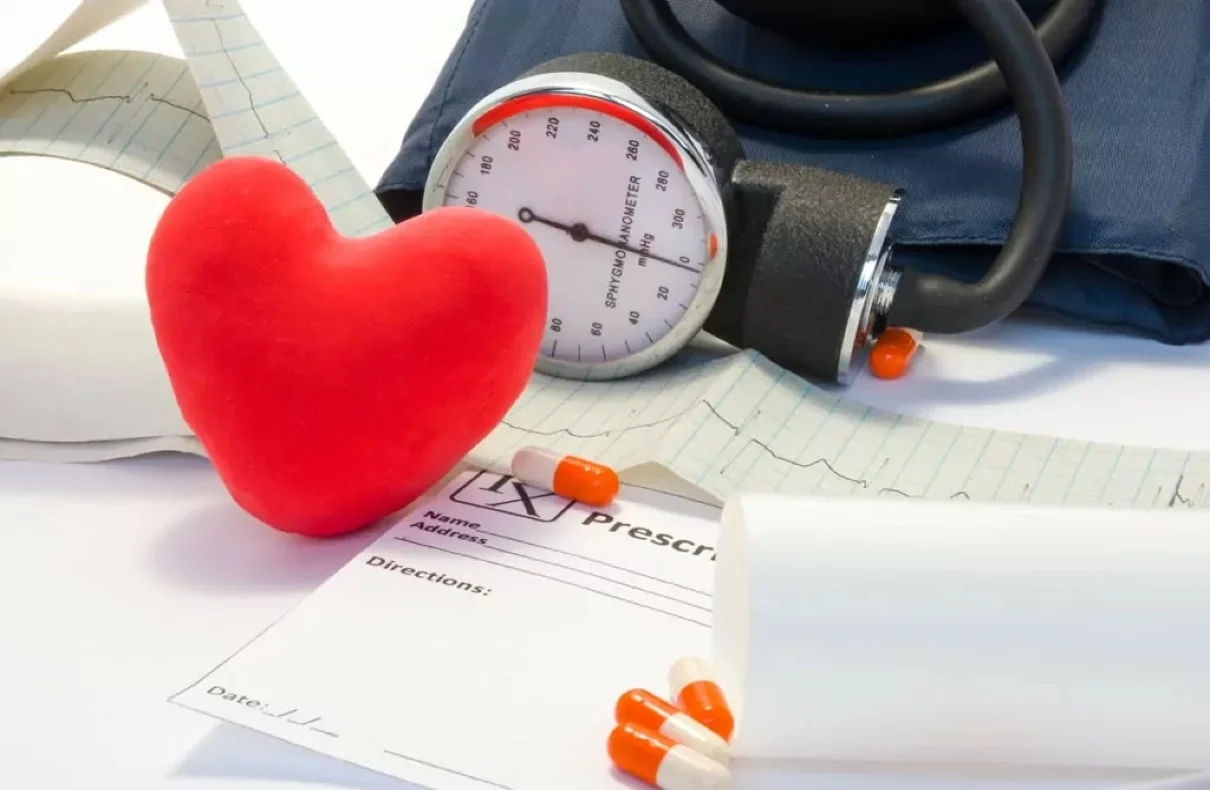
Heart disease is a prevalent health concern that affects millions of people worldwide. While vitamin deficiencies can have negative impacts on our health, it is important to note that excessive intake of certain vitamins can also be detrimental, particularly when it comes to heart health. Recent research has revealed a potential link between high levels of niacin, also known as vitamin B3, and an increased risk of heart disease.
Niacin, or vitamin B3, is an essential nutrient that our bodies require for proper functioning. It plays a crucial role in energy metabolism, DNA repair, and the production of various hormones. Niacin is found naturally in many foods, including meat, fish, nuts, grains, and cereals. Additionally, it is often added to processed foods as a fortification measure to prevent deficiency-related health issues.
Philadelphia Tragedy: A Grim Tale of Execution-Style Shooting
Recent studies conducted by researchers at the Cleveland Clinic have shed light on the potential risks associated with excessive niacin intake. The research, published in Nature Medicine, demonstrated a strong association between high levels of niacin and an increased risk of developing heart disease, including heart attacks, strokes, and other adverse cardiac events.
The study involved large-scale clinical trials and analyzed blood samples from over a thousand patients who were being evaluated for heart disease. The researchers discovered that individuals with elevated levels of a breakdown product of excess niacin, called 4PY, exhibited higher levels of vascular inflammation. This inflammation can lead to the buildup of cholesterol plaque in the arteries, a condition known as atherosclerosis, which is a major contributor to heart disease.
In the United States, niacin deficiency is rare due to the fortification of staple foods like flour and oats since the 1940s. However, the study revealed that approximately 1 in 4 Americans still consume excessive amounts of niacin. This could be attributed to the consumption of processed foods that are fortified with niacin, as well as the use of niacin supplements for various purposes, such as cholesterol management.
While niacin is an important nutrient, excessive intake can have negative effects on our health, particularly in relation to heart disease. The study conducted by the Cleveland Clinic found that individuals with high levels of 4PY, a breakdown product of excess niacin, had a significantly higher risk of cardiovascular disease development. Furthermore, previous research has shown that niacin is less effective than other cholesterol-lowering treatments and may be associated with negative effects and higher mortality rates.
Ricki Lake Incredible Weight Loss Journey: A Testament to Health and Fitness
Based on the study findings, it is important to reconsider dietary recommendations and the use of niacin supplements. Dr. Stanley Hazen, the lead researcher, suggests that cutting out the entire intake of niacin is not a realistic approach. However, the study does raise questions about the continued fortification of flour and cereal with niacin in the United States. Dr. Hazen also advises individuals who are taking niacin supplements, especially for cholesterol management, to consult with their healthcare provider and explore alternative treatments.
While the recent study provides valuable insights into the potential risks associated with excessive niacin intake, more long-term studies are needed to fully understand the effects of chronically high levels of 4PY. Researchers aim to determine the optimal niacin intake for the average person and establish guidelines to prevent the development of cardiovascular disease. Additionally, further investigations may reveal novel treatments or medications to reduce or prevent vascular inflammation and major cardiovascular events.
To maintain healthy niacin levels, it is recommended to focus on a balanced diet that includes a variety of fruits, vegetables, and whole foods. These foods naturally contain niacin and other essential nutrients that promote overall cardiovascular health. Avoiding excessive carbohydrate intake and limiting processed food consumption can also help regulate niacin levels. As always, it is essential to consult with a healthcare professional before making any significant changes to your diet or supplement routine.
